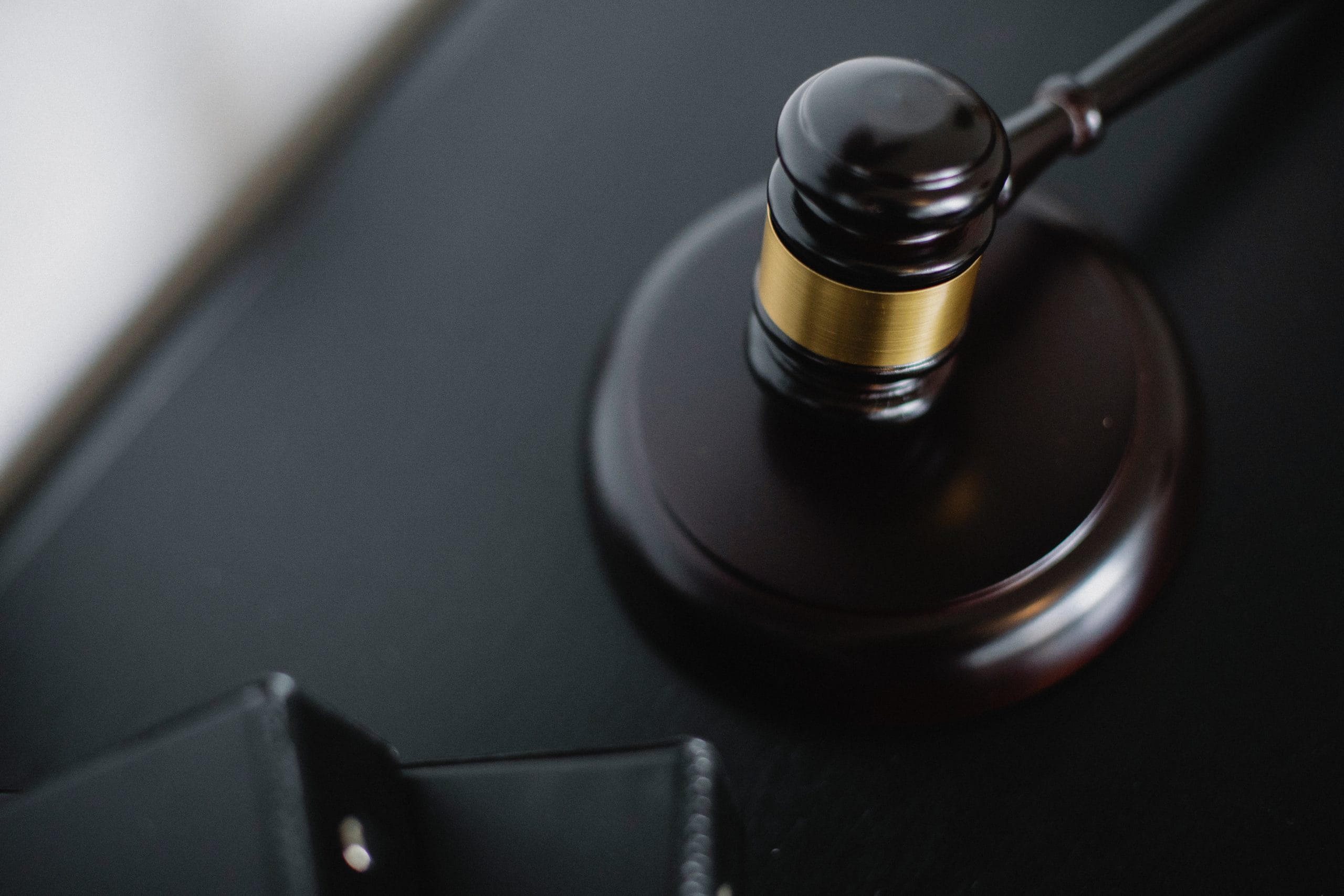In yet another fraudulent scheme targeting the elderly and vulnerable, two men recently pleaded guilty to running an international telemarketing sweepstakes campaign that defrauded its victims of more than $9 million. According to a Department of Justice (“DOJ”) press release, from a call center in Costa Rica, the criminals used what is known as Voice-over-IP technology to conceal their physical location. This enabled them to dupe victims into believing that the phone numbers that they called were answered in the United States, when in fact they were routed to a call center in Costa Rica.
Extent of the Telemarketing Sweepstakes Scheme
The two men also admitted to calling numerous elderly and vulnerable victims, and falsely claiming that they had won sweepstakes prizes, but were required to pay fees in advance of receiving delivery of said prizes. The DOJ explains that the fraudulent scheme did not end there. After a victim made an initial payment to cover the cost of the “fees,” the two men and their co-conspirators would call the victims and falsely represent that they had won a prize of a greater amount and, therefore, needed to advance additional fees to claim the prize.
If true, the allegations paint a picture of a classic telemarketing sweepstakes scam. Under state and federal laws, for there to be a valid and legal sweepstakes contest, participants must not be required to pay to enter in order to have a chance to win a prize (which must actually exist). In addition, as we explained in a recent blog post, sweepstakes contest rules should include, among other things, the promotion’s duration, entry eligibility, winner selection process, prize amounts, number of available prizes, and a free alternative means of entry (“AMOE”). Common AMOEs include entry through U.S. Mail, email, or calling a toll-free number. In no event should sweepstakes winners be required to pay to obtain promotion prizes.
Through their alleged scheme, the two men managed to fraudulently obtain greater than $9,400,000 from the victims. They both pleaded guilty to conspiracy to commit wire fraud and may face up to 20 years in prison.
How to Set up a Valid Telemarketing Sweepstakes Promotion
Under the Amended Telemarketing Sales Rule (“ATSR”), a telemarketer that offers a prize promotion must provide consumers with the following information:
• The odds of winning the prize(s) and/or factors used to calculate the odds.
• That they can participate in the sweepstakes promotion or win a prize without buying anything or making any payment, and that any purchase or payment will not increase the chances of winning.
• How they can enter the contest without paying any money or purchasing any goods or services.
• Any material costs or conditions to receive or redeem any prize.
In addition, under applicable state laws, because sweepstakes rules cannot be changed after a promotion begins, the pre-set contest duration must be allowed to play out, even where operators want to terminate their contests before the established contest end dates. The amount and number of prizes must be adhered to, even where the expense associated with such prize(s) exceeds the estimated value of the sweepstakes as a marketing tool. In addition, operators are generally prohibited from changing their sweepstakes contest rules to fix mistakes.
The foregoing contains just some of the many sweepstakes promotion considerations that need to be addressed prior to beginning any contest. If you are interested in learning more about this topic or require legal assistance with setting up a sweepstakes and/or other promotional game, please e-mail us at: info@kleinmoynihan.com, or call us at (212) 246-0900.
The material contained herein is provided for informational purposes only and is not legal advice, nor is it a substitute for obtaining legal advice from an attorney. Each situation is unique, and you should not act or rely on any information contained herein without seeking the advice of an experienced attorney.
Attorney Advertising
Photo by Sora Shimazaki
Recent Blog Posts:
Why Sweepstakes Contest Rules Matter




